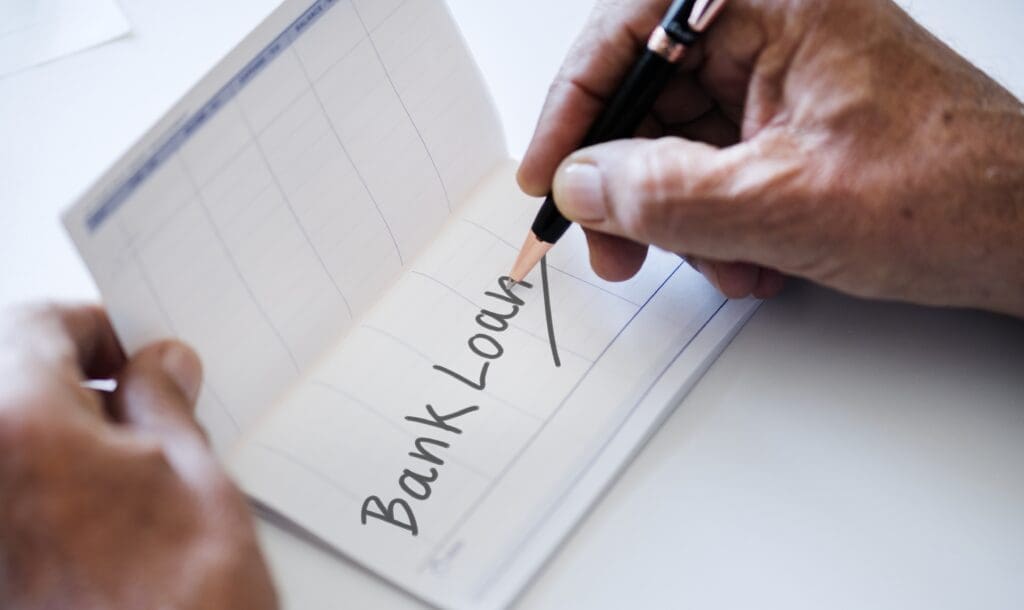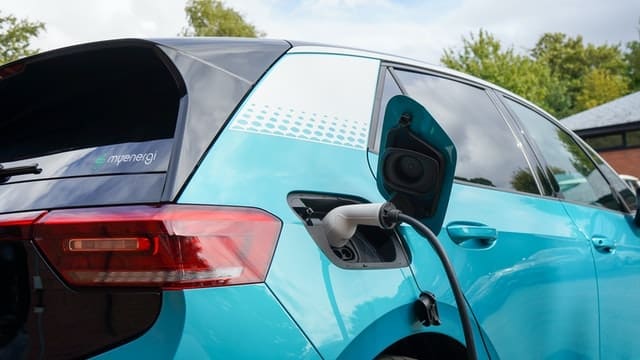With so many cars financing options available, it can be difficult to know where to start, let alone what they all look like in practice or how to compare all the different finance options. Read this guide if you need help deciding how to finance your new car.
Savings
This is the simplest option as well as the most cost-effective. You might lose interest in your savings by using them to pay for a car. Still, at the interest rate that savings accounts are paying right now, this will not amount to a lot of money, and you can save yourself a fortune on the interest rate you will be charged for other finance options.
Do check the small print of the account that your savings are in, though. There may be penalties for withdrawing the money now that you weren’t aware of, and this could end up costing you more than you think. If you have penalties for withdrawing money, it is worth comparing the cost of your penalty to the cost of other available options.
Borrowing from Friends and Family
If you do not have the money in savings, it might be time to pay a visit to the bank of Mum and Dad or another close friend or relative. If they are being generous, they may not make you pay interest on their loan, so this could save you money. However, they may want to charge you to borrow, in which case, you are back to comparing your options.
It is worth noting that many relationships break down when one party owes the other party money and isn’t repaying it. Think carefully before you take a loan from someone you know well and make sure you will have the money to repay them.
Personal Loan
You can get a personal loan from the bank for anything. The money is not secured against your new car, which means that the interest rate is a little higher than other finance schemes. This is because if you default on the loan, the lender can’t repossess your car, whereas other finance schemes can. This is good news for you but not good news for the lender. They are taking more of a risk to lend you the money so they can charge a higher interest rate.

As the loan is not secured against the car, you can sell it whenever you want, and you are not tied into an agreement that involves the car. In this way, a bank loan is different from most other finance options. This means that you have more flexibility and that you own the car from the outset.
Personal Contract Purchase
A personal contract purchase (or PCP) is the most popular car finance package because it is flexible. The deal is based on your requirements and the amount of money you can put down initially. So, you can take the finance for as long as you like, make the monthly payments you want, and set a mileage allowance that works for you.
Obviously, the finance company has to agree with this, so they would probably reject your 50p per month offer, but they will consider putting together a reasonable package for you that you can both agree to.
You will not own the car during the finance period – the finance company will. However, at the end of the contract, you will have several options, such as making a final one-off payment to purchase the car, trading it in for a new one, or handing it back to the finance company. However, there may be penalties if you want to end the contract early.
Hire Purchase
A hire purchase (HP) agreement is set up so that you will own the car at the end of the contract as long as you have kept up to date with the payments. As the payments are spread over the term, and there is no lump sum final payment to make, this can mean that you have a bigger monthly payment than some of the other options. However, as you are paying a larger amount per month, you will reduce the interest you have to pay on the car, meaning that the cost overall will be cheaper. You will need to put down an initial deposit, but it is usually a lot lower than the one expected of you if you are taking out a PCP agreement.
Personal Contract Hire
A personal contract hire agreement (PCH) is a type of long-term rental agreement. The significant difference between this and other types of finance is that there is no option to buy the car at the end of the contract, so you will never own it. You literally choose the car you want, make the agreed monthly payment, and then give it back. You are expected to stick to strict mileage limits during this time.
It is the lowest cost finance agreement because you are leasing rather than paying towards the cost of buying the car. However, the overall interest could be greater as you lease rather than pay off a balance. Also, you need to be aware that there are financial penalties for going over the mileage limit.
Electric Car Leasing
An electric car lease (EV lease) works the same way as a PCH, but it is taken out on an electric vehicle rather than a petrol or diesel car. This makes sense if you want to drive an eco-friendly vehicle. They might be more expensive to purchase than petrol or diesel cars, but some cheap electric car lease deals are available.


Electric car lease deals make sense if you want to dip your toes into the water of electric ownership as you have it for a set amount of time and then hand it back. Petrol and diesel options will be outlawed for new cars from 2030, so finding great EV lease deals now will put you ahead of the pack.
If you are still undecided on electric cars, take a look at the ElectriX website. This will tell you all you need to know about electric cars, and you can even take the quiz to see if this type of car is a good option for you.
Manufacturer New Car Finance
If you are not particular about the make and model of the car you drive, you can shop around for some great manufacturer-finance deals. There is a lot of competition between the manufacturers, meaning that the packages are keenly priced. They are often available without the need to part with a deposit, but they can be strict about what type of car they are offered. Usually, the choices are limited to unpopular cars or those that are about to be replaced by newer models.
Hopefully, this guide has helped you wade through the minefield of all the different car finance options and helped you decide which one is right for you. Now all you have to do is decide what make and model you want to get your finance deal on, and you are good to go. Happy motoring.
Featured Image by Karolina / Kaboompics for rawpixel.com




